Year 3
Meet the Team
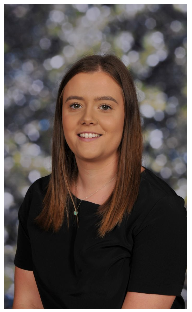
Miss Barnham - 3 Fine
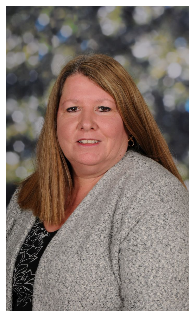
Mrs Smith - 3 Strong
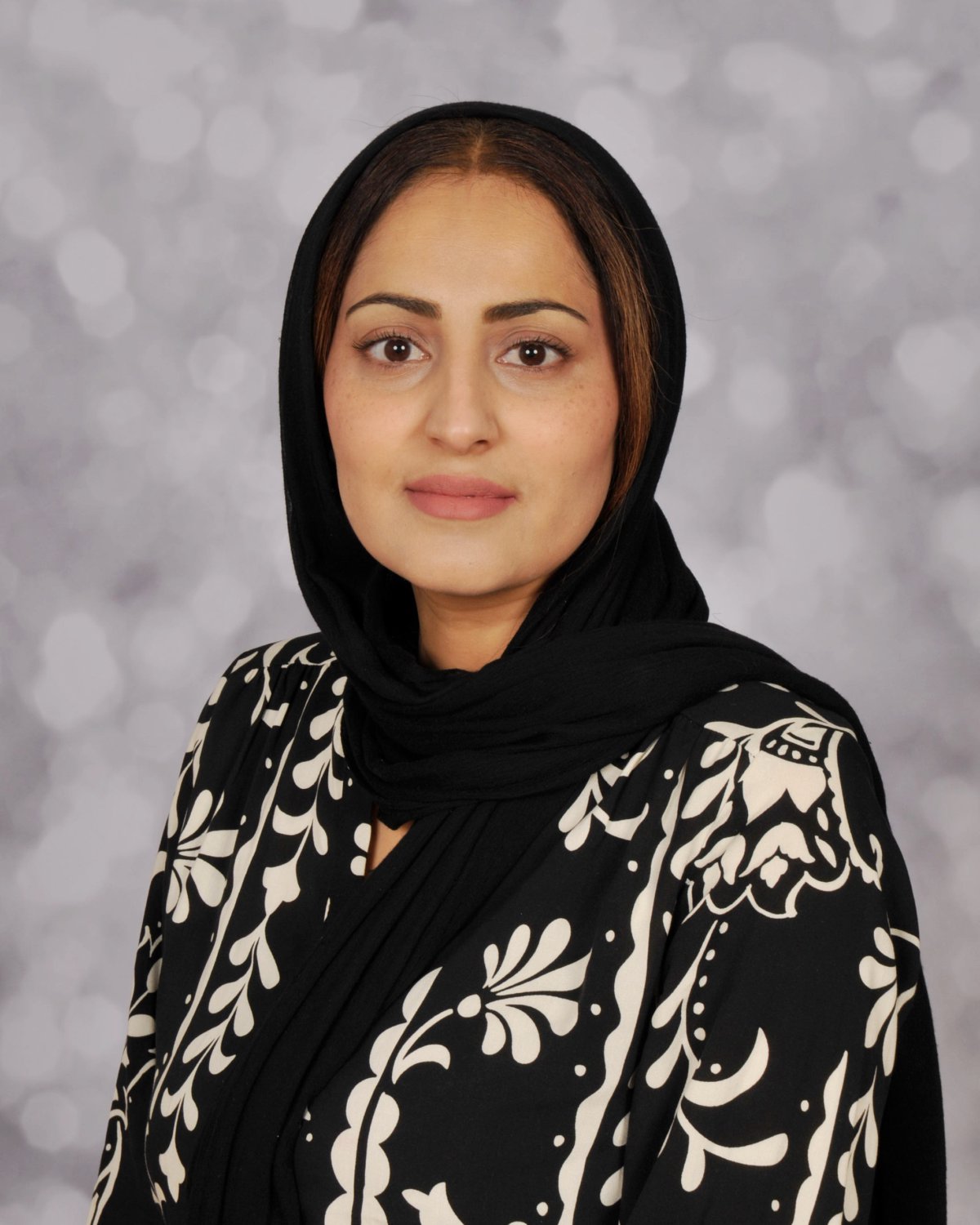
Mrs Abass - 3 Fine

Mrs Fisher - Year 3 Learning Support
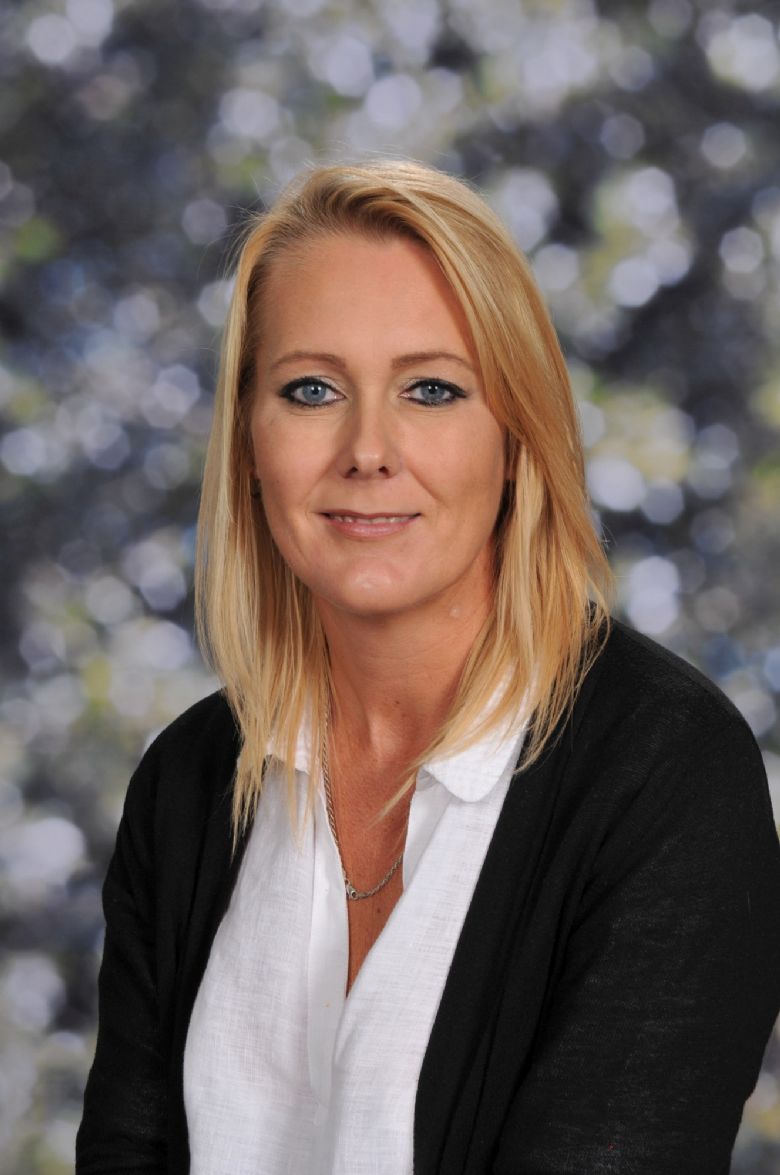
Mrs Chadbund - Year 3 Learning Support
Year 3 start and end of day handover information
Pupils in 3 Strong are to enter class through the main door by the office and to be collected from the fire exit steps.
Pupils in 3 Fine are to be dropped off and collected from the main door of the Clifton building.
Handover at start of the school day
All children must be accompanied onto school site by an appropriate adult and observed entering the school site. This is a parental responsibility. NO children should walk to school unaccompanied.
Collection from school at the end of the school day
All children will be collected by an appropriate adult at the end of the school day.
These are extracts from our Safeguarding Policy.
Keeping Year 3 pupils safe
Mobile phones in school
Mobile phones are not allowed in school unless there are exceptional reasons, which need to be put in writing by the Parent/Carer to the Headteacher. In these unusual situations, the phone is turned off and handed to the office at the start of the day and collected at the end of the day.
Any mobile phone found in school without permission will be confiscated and parents will be contacted. This rule applies for all extra-curricular activities, e.g., discos, residentials, etc.
It would never be appropriate for a mobile phone to be concealed in school and used to contact home or 3rd parties during the school day. Given the context of use this could lead to a fixed term exclusion.
Smart watches
Smart Watches are not allowed in school. The only watches that are appropriate are those with limited functionality i.e. tell the time. The ‘Smart Watches’ not allowed in school are watches that have similar functions to a mobile phone such as a camera, messaging system, ability to record conversations etc.
Any Smart Watch found in school will be confiscated, stored in the school office and will be returned to the pupil at the end of the school day.
These are extracts from our Behaviour Policy.
Protective behaviours
We have a Protective Behaviours culture and children regularly identify and update their Network Hand. This ensures that children know which adults they can approach if they are worried, however ‘awful or small’.
Proactive social media reminders
We send regular and proactive reminders to parents regarding social media and always request you check pupil devices regularly and have full access to all their devices and accounts. By working together in this way we work towards keeping pupils safe.
Learning 4 Life
Our Learning for Life lessons allow us to be proactive with teaching children how to keep themselves safe.
Year 3 curriculum overview
English Curriculum and key texts
We use key texts to motivate and engage learners. We will be starting with The Butterfly Lion and then moving on to Charlie and the Chocolate Factory by Roald Dahl.
 |
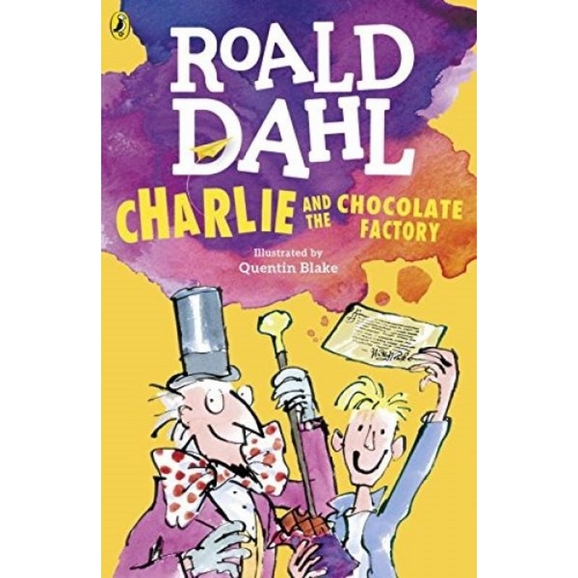
Mathematics Curriculum
We have made a conscious decision to use White Rose as a product; however, we have created our own curriculum overview for Maths. Teachers will use this curriculum overview to deliver the majority of the units outlined within each strand, using White Rose as a supporting resource (example of the curriculum overview is below). As teachers follow the learning journey, pupils will experience mathematics through the CPA and Singapore Maths approach. This ensures that mathematics remains pictorial and enables pupils to use a variety of strategies to solve problems – thus removing barriers and ensuring mathematics is accessible to all. The curriculum has been specifically designed to give pupils the time to master each skill.
There are mathematical units that will be taught using a cross-curricular approach. Pupils should expect to be taught statistics and time through other areas of the curriculum, such as Geography and Science. This enables children to see that mathematics is not a stand-alone subject and has an impact within other subject areas. This also allows for more time within mathematics lessons to teach other units in greater detail and address any misconceptions or gaps in knowledge.


Curriculum subjects
Preparing for the Multiplication Tables Check
In Year 4, there is a statutory Multiplication Tables Check set by the Department for Education. It is an on-screen check consisting of 25 times table questions. Your child will be able to answer 3 practice questions before taking the actual check. They will then have 6 seconds to answer each question. On average, the check should take no longer than 5 minutes to complete.
The purpose of the MTC is to determine whether pupils can recall their times tables fluently, which is essential for future success in mathematics. It will help schools to identify pupils who have not yet mastered their times tables, so that additional support can be provided.
To prepare the children for this check we have access to Times Table Rock Stars that we use frequently in school and the children also have access at home. Throughout the year we complete mock tests to identify the children who need more support to improve their score.
You can use this website to practise all the times tables:
Hit the Button - Quick fire maths practise for 6-11 year olds
Transition into Year 3
In Year 4, there is a statutory Multiplication Tables Check set by the Department for Education. It is an on-screen check consisting of 25 times table questions. Your child will be able to answer 3 practice questions before taking the actual check. They will then have 6 seconds to answer each question. On average, the check should take no longer than 5 minutes to complete.
The purpose of the MTC is to determine whether pupils can recall their times tables fluently, which is essential for future success in mathematics. It will help schools to identify pupils who have not yet mastered their times tables, so that additional support can be provided.
To start preparing for this in Year 3 the children have access to Times Table Rock Stars that we use frequently in school and the children also have access at home.
Year 3 Reading and home learning
As a school we follow the Little Wandle Letters and Sounds Revised scheme. If your child did not pass the Phonics screening check in Years 1 and 2, they will be in a Phonics catch-up intervention. This means your child will bring home a reading book to match the Phonics phase they are working at. Your child will be heard read once a week by an adult in class, it is beneficial to read with them at home as much as you can.
Children who are not on Phonics will be given a book to match their reading age from our Nelson assessment. If your child is reading their book with little help, please don't worry that it's too easy, your child needs to develop fluency and confidence in reading.
Each week your child will be sent home with a piece of Maths and English homework relating to the work we have been doing in class. Both pieces will be stuck into one book.
Water bottles and snacks
Children should make sure they bring a reusable water bottle into school daily - this must only contain water. Children can make use of our water fountains to refill bottles.
We encourage healthy snacks for break time.
PE Days and Kit
Our Year 3 PE day is Wednesday, so please make sure your PE kit is brought into school on the first day back and stays in school until the end of the half-term. This is then sent home over the holidays to be washed and must be sent back in, on the first day back to school.
3 Fine are swimming in the first half of the Spring term and 3 Strong in the second half of the term.
Kit includes:
- A plain white polo top/plain white T-shirt (you can purchase a top with the TM logo)
- Shorts/Joggers (weather dependent)
- A pair of pumps or trainers
- A black hoody with a zip is ideal for the colder weather.
Year 3 parental support and engagement
Throughout the year, the Year 3 teaching team will provide workshops to inform all Year 3 parents and carers about key events.
Support at home is a vital part of pupils achieving success.
How to support your child:
- Ensure your child has the best possible attendance at school.
- Support your child with the homework sent home.
- Regular times tables rehearsal in any context (Times Tables Rock Stars).
- Listen to your child read regularly and ask questions about the text.
- Talk to your child about what they have learnt at school and what book(s) they are reading (the character, the plot, their opinion).
- Make sure your child has a good sleep and healthy breakfast every morning.
How to support your child with writing:
- Encourage opportunities for writing such as letters to family or friends, shopping lists, notes or reminders, stories or poems.
- Write together.
- Encourage the use of a dictionary to check spelling and a thesaurus to find synonyms and expand vocabulary.
- Allow your child to use a computer for word processing, which will allow for editing and correcting of errors without lots of crossing out.
- Remember that good readers become good writers. Identify good writing features when reading (e.g. vocabulary, sentence structure, punctuation).
- Show your appreciation: praise and encourage, even for small successes